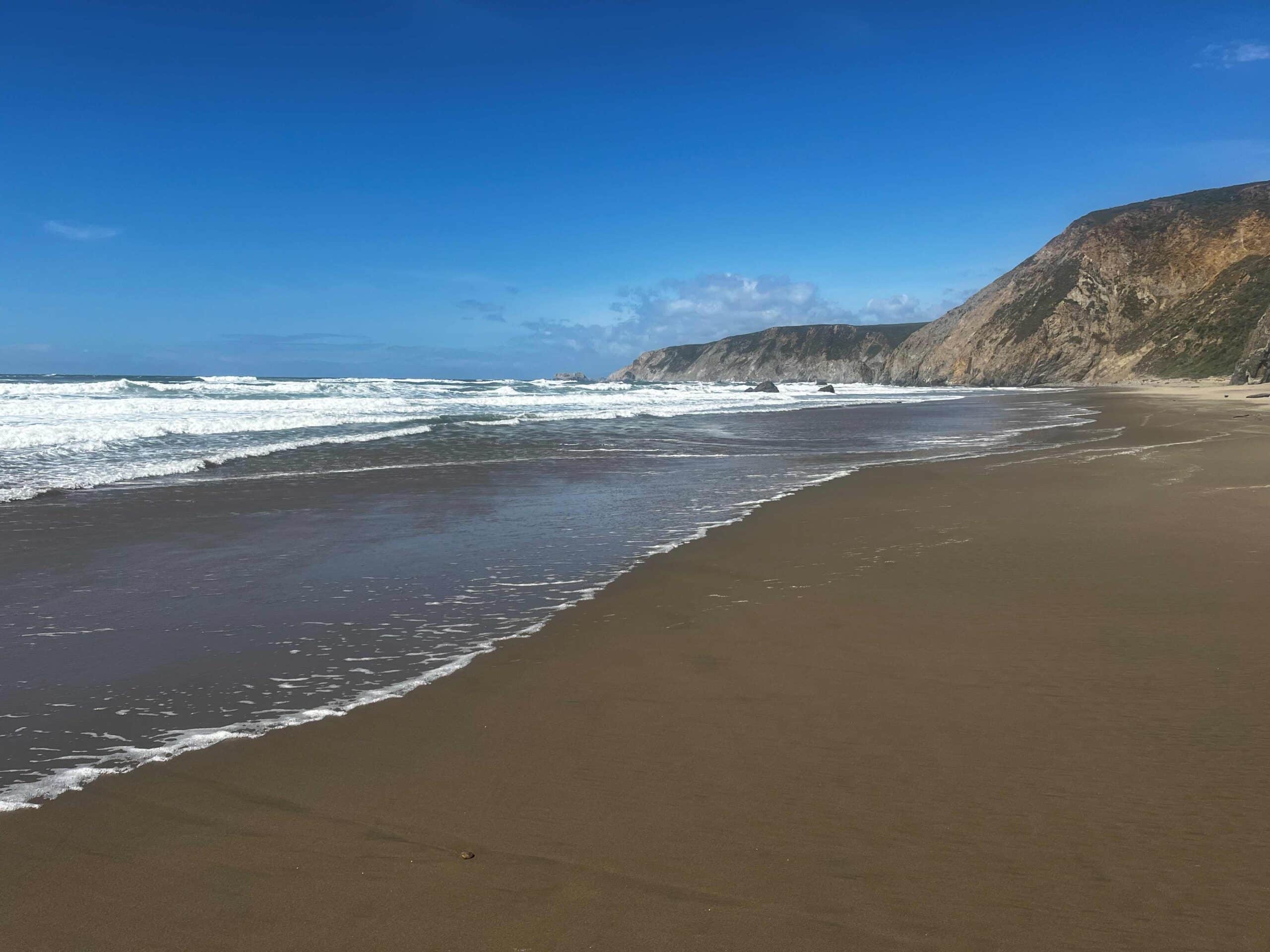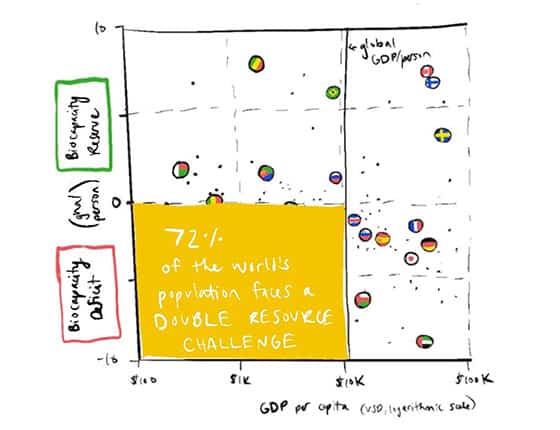Featured Article
 Mathis Wackernagel, founder and president of Global Footprint Network Why did you write “Ecological Footprint: Managing Our Biocapacity Budget” now? Bill Rees and I wrote our first Ecological Footprint book in 1995 at a time when our resource-use estimates were still crude. The book summarized my Ph. D. dissertation, including a presentation of the basic...
View Full Article
Mathis Wackernagel, founder and president of Global Footprint Network Why did you write “Ecological Footprint: Managing Our Biocapacity Budget” now? Bill Rees and I wrote our first Ecological Footprint book in 1995 at a time when our resource-use estimates were still crude. The book summarized my Ph. D. dissertation, including a presentation of the basic...
View Full Article
How can we make the need for resource security more obvious to diverse audiences?
asks Mathis Wackernagel
 Mathis Wackernagel, founder and president of Global Footprint Network Why did you write “Ecological Footprint: Managing Our Biocapacity Budget” now? Bill Rees and I wrote our first Ecological Footprint book in 1995 at a time when our resource-use estimates were still crude. The book summarized my Ph. D. dissertation, including a presentation of the basic...
View Full Article
Mathis Wackernagel, founder and president of Global Footprint Network Why did you write “Ecological Footprint: Managing Our Biocapacity Budget” now? Bill Rees and I wrote our first Ecological Footprint book in 1995 at a time when our resource-use estimates were still crude. The book summarized my Ph. D. dissertation, including a presentation of the basic...
View Full Article















